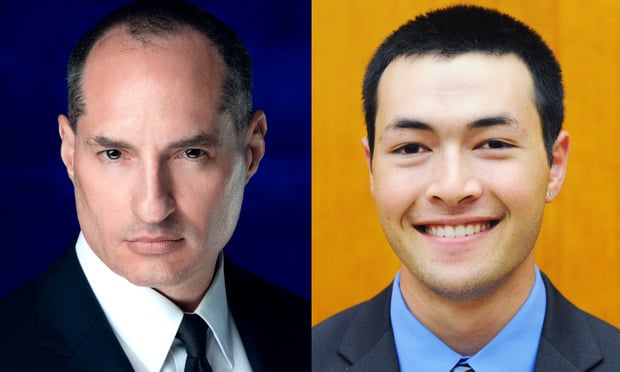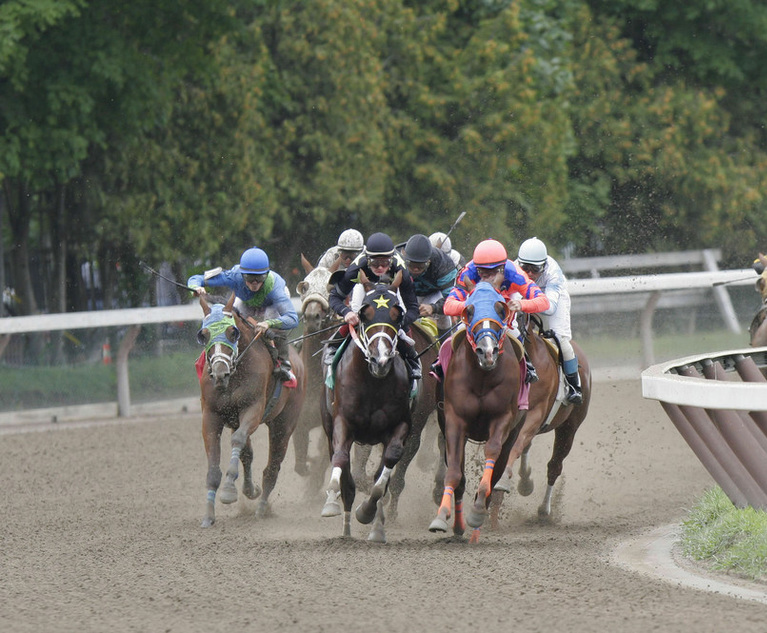Since the voters repealed Senate Bill 10 (which would have replaced the state’s cash bail system with risk assessment) in the November 2020 election, California lacks clear guidelines on bail. That’s a serious problem for judges, who risk applying the law inconsistently in thousands of bail hearings each year. This week the California Supreme Court heard argument in In re Humphrey S247278, which provides an opportunity to fix this problem by reconciling the California constitution’s two bail provisions, and maybe even abolish cash bail.
The legal inconsistency is that California constitution srticle I, section 12 makes bail an absolute right with three exceptions—but article I, section 28 makes bail discretionary, with public safety as a primary consideration. When a judge grants bail, these provisions operate together; the problem is that they conflict when a judge denies bail altogether, because one requires granting bail and the other requires denial. If the California Supreme Court reaches this issue (and judging by the oral argument, it may not), these seemingly conflicting provisions can and should be harmonized: If a defendant would be denied bail under one of section 12’s narrow exceptions, judges should apply the section 28 factors to see if bail may nonetheless be granted.


 David A. Carrillo,left, and Nicholas Cotter,right, of California Constitution Center, Berkeley Law School. Courtesy Photos.
David A. Carrillo,left, and Nicholas Cotter,right, of California Constitution Center, Berkeley Law School. Courtesy Photos.




